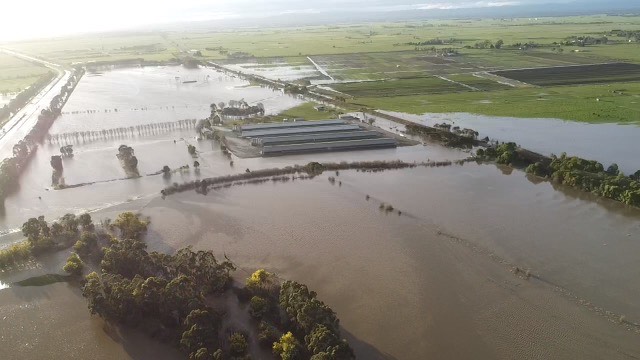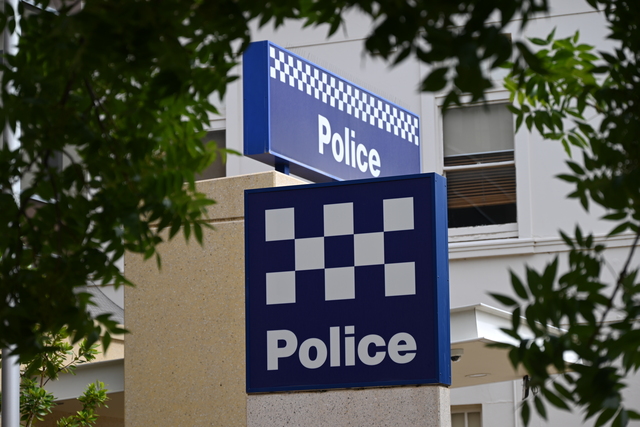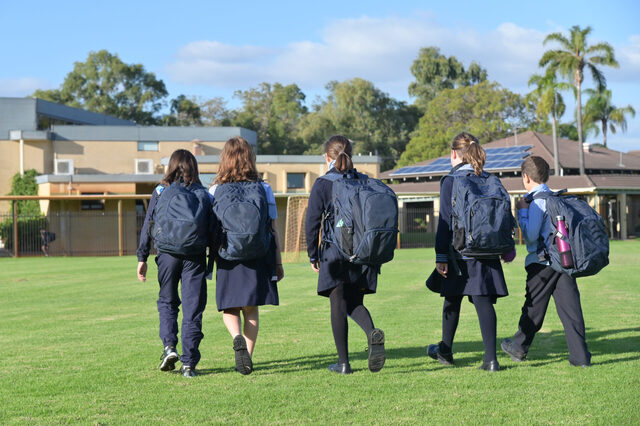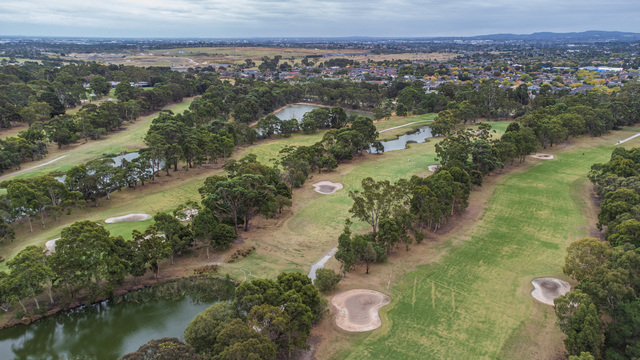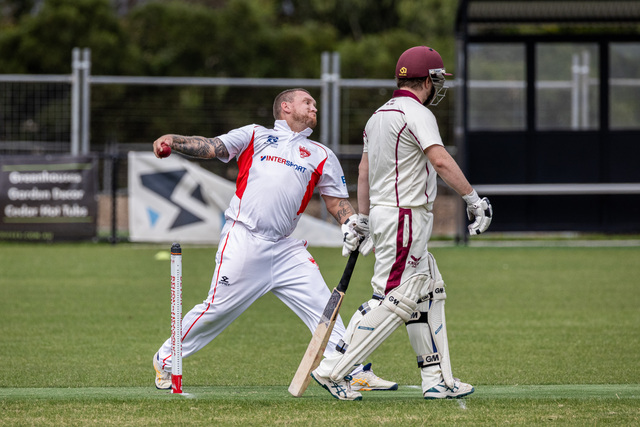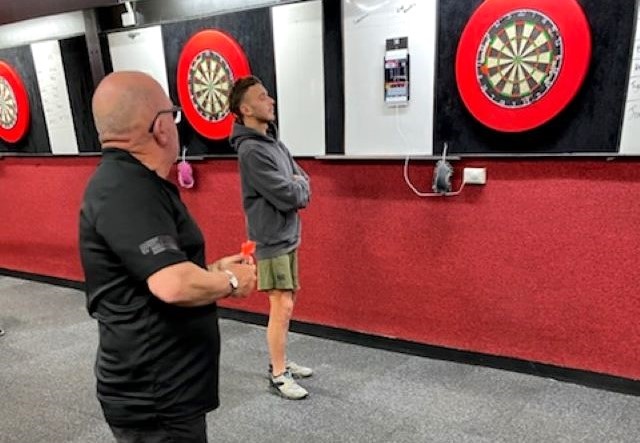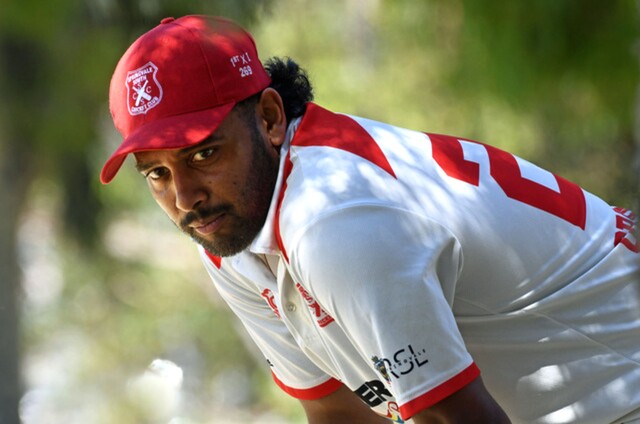Health-promoting charity Enliven is partnering with Victoria University to conduct a Climate and Health Survey with a specific focus on Melbourne’s South East.
The survey seeks to understand the range of knowledge in the Greater Dandenong, Casey and Cardinia communities about the links between climate change and human health, and in contrast, which groups have the most limited knowledge, and what are the barriers to those residents taking action.
Responses well help local organisations plan and better respond to the health impacts of climate change.
Planetary Health Project Officer at Enliven, Georgia Langmaid said they are hoping to bring climate and human health to the forefront of health promotions.
“We’re not investigating the impacts, but what the community know about the links of climate change and human health,” Ms Langmaid said.
“We know people have food insecurity problems or housing needs and climate change may not be on their list of primary concerns but we want to know how we can help a vulnerable community adapt and be more resilient.
“This project, with the data we’ll receive from survey and the focus groups, will help identify what the community know and don’t know about health impacts of climate change and what they value. Understanding what they value is key.
“We’re hoping to create a communications toolkit for local government areas and stakeholders to produce evidence-informed communications around climate change.”
According to Ms Langmaid, environmental and geographical factors make residents in the South East particularly at-risk to climate change problems.
Last week, Caldermeade and Lang Lang experienced flooding which saw the closure of the South Gippsland Highway, while suburbs in the north of Cardinia including Gembrook and Emerald battled persistent storm damage last year as wild weather saw trees fall and houses damaged on multiple occasions.
The City of Greater Dandenong launched an Urban Forest Strategy with a goal to increase tree canopy coverage in the municipality by six per cent by 2028.
The council said 73 per cent of land in Greater Dandenong is privately owned with low canopy cover, which combined with a disadvantaged population and high temperatures, leads to suburbs within the municipality being classified as ‘highly vulnerable’ to urban heat and climate change impacts.
Through the South East Councils Climate Change Awareness, the City of Casey is working with other local government areas in the region to understand the impacts of climate change and how to best prepare for them, such as a rainfall decrease, fire risks and rising temperatures.
“The LGAs we work a lot with in the climate change and health space, there’s a lot of momentum happening in this space in health promotions and community wellbeing areas,” Ms Langmaid said.
“Climate change is becoming more prevalent in priority focus of these teams and climate change health impacts are embedded into council health wellbeing plans.
“There’s a lot to do always but I do feel positive about a lot’s that being done.”
To participate in the survey, head to enliven.org.au/climatehealthsurvey
Online focus groups on the same topic will also be run in October 2022. To join a focus group, go to enliven.org.au/climatehealthfocusgroups

